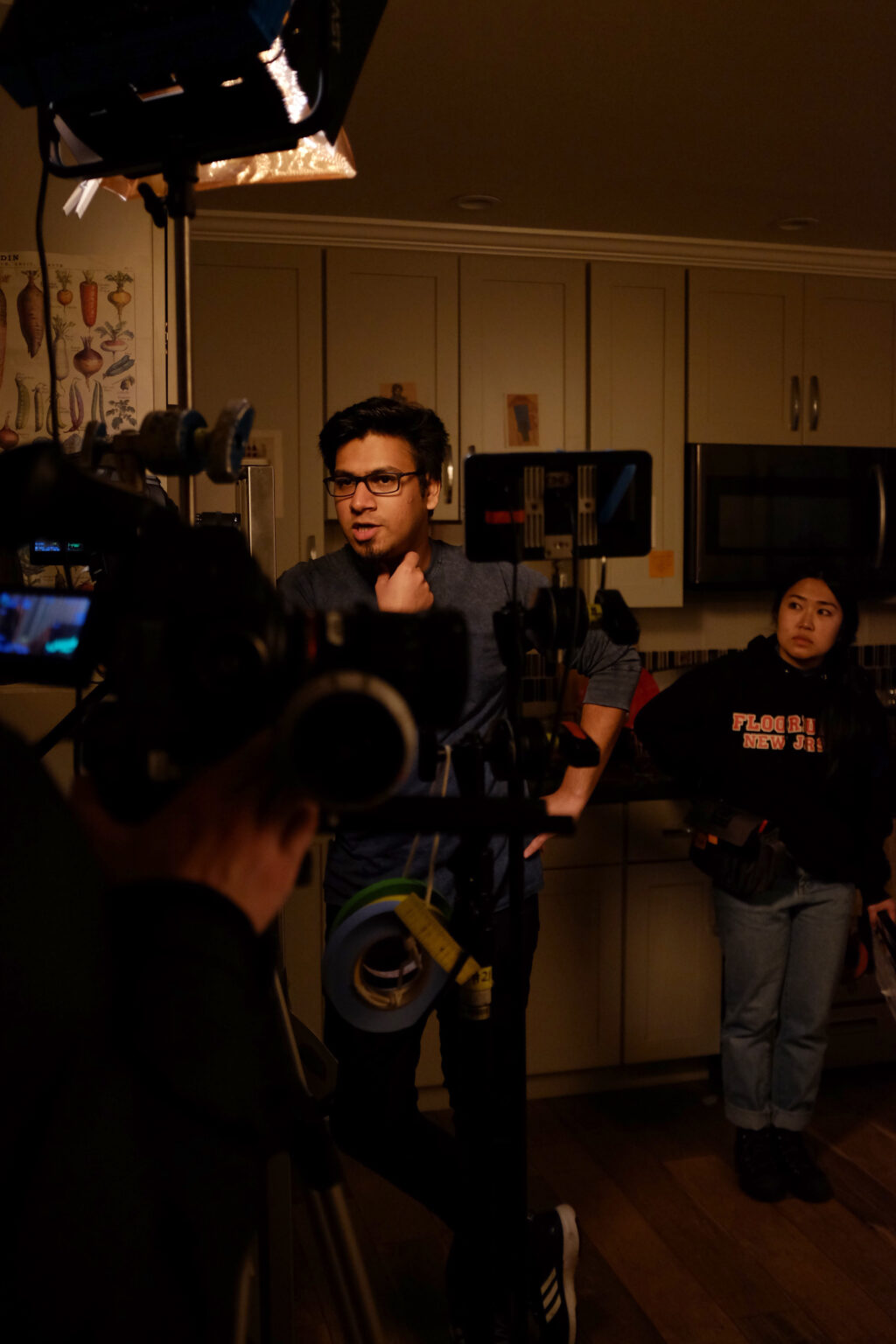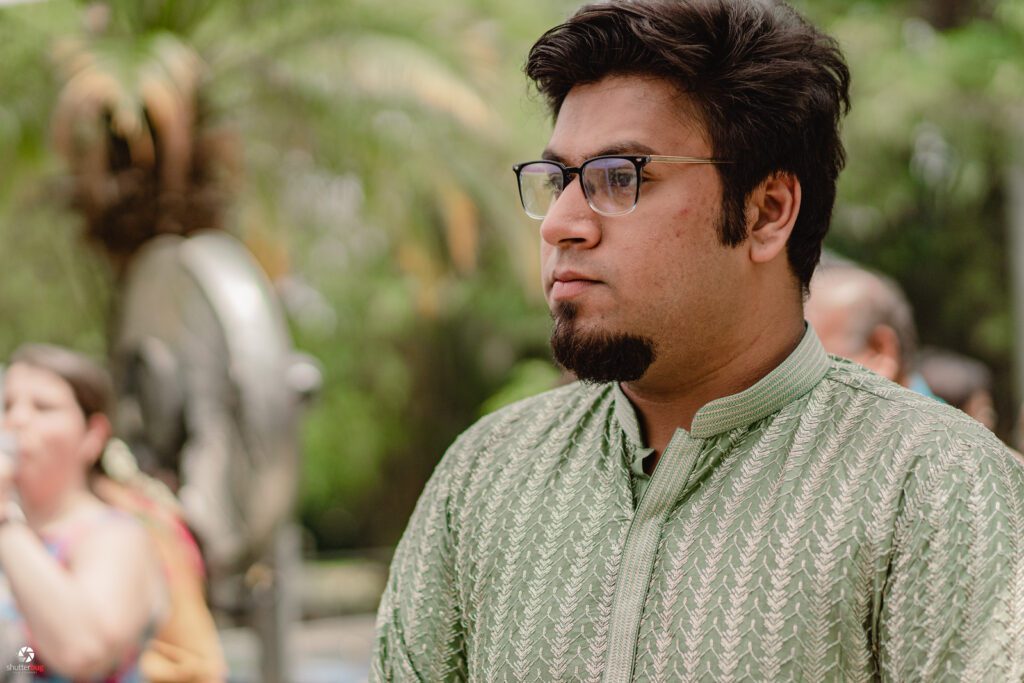
The Confluence of Seas – Filmmaker Vishnu Prasad on Movies and the Human Condition
The confluence of seas is where disparate waters meet, mingle, and form something greater than their individual selves. For filmmaker Vishnu Prasad, the confluence of seas is more than just a geographical feature—an overarching theme that permeates his work, drives his creative pursuits, and shapes his empathetic approach to storytelling.
Born to a Tamil family in a small town in southern India and raised in the sprawling metropolis of Chennai, Prasad was exposed early on to a rich tapestry of human experience. Despite his parents’ conventional careers, he grew up in a home where the arts, especially Indian and global cinema, were revered, where the Tamil adage “Cross the seas to find your gemstones” echoed, instilling in him a deep appreciation for the inherent universality of the human condition.
At thirteen, Prasad was enraptured by Akira Kurosawa’s Rashomon (1950), an experience that anchored his passion for cinema. From writing crude screenplays as a teenager to producing, directing, and writing for an advertising agency in Bangalore, Prasad’s commitment to the film remained unwavering. However, the consumerist outlook in corporate film production disillusioned him, pushing him to seek the unexplored realms of narrative and nonfiction filmmaking.
Equipped with a vast array of experiences and a longing for fresh perspectives, Prasad moved to the United States for his master’s degree in film. After graduating from San Francisco State University with an MFA in Cinema, he embarked on a journey of bringing unseen stories into the limelight, starting with a documentary feature on San Francisco’s Castro Country Club, one of the largest queer recovery communities in the country.
Prasad approached this project with humility and empathy. Giving a platform to stories about communities one does not belong to can be daunting. However, Prasad navigated this challenge with sensitivity, respect, and compassion, finding joy in sharing incredible stories and adding to the diversity of cinematic discourse.

The theme of diversity is reflected in Prasad’s other projects, such as music videos for Bay Area musician Forrest Hill whether providing a tongue-in-cheek commentary on modern culture’s greed or a poetic accompaniment to a love song, Prasad’s work explores the multifaceted nature of the human condition.
In the world of cinema, Prasad serves as a bridge, connecting disparate experiences, cultures, and identities. His distinct perspective as an Indian filmmaker working in an American context allows him to dig deep into his identity and discover the universal in the personal.
Looking towards the future, Prasad aspires to continue this exploration. Prasad’s vision is steeped in diversity, from producing films that bring out stories from less explored cultures to adapting literature from regions like Africa and South Asia. His interest in historical events and his ambition to tell stories about the human cost of the climate crisis further reflect his unwavering commitment to shedding light on seldom-touched topics in cinema.
In the realm of filmmaking, few can match Vishnu Prasad’s empathetic focus. At heart, Prasad is a devoted student of humanity who seeks to unravel the complexities of the human condition, one story at a time. He may not find a definitive answer, but the journey—the confluence of seas—truly matters.



